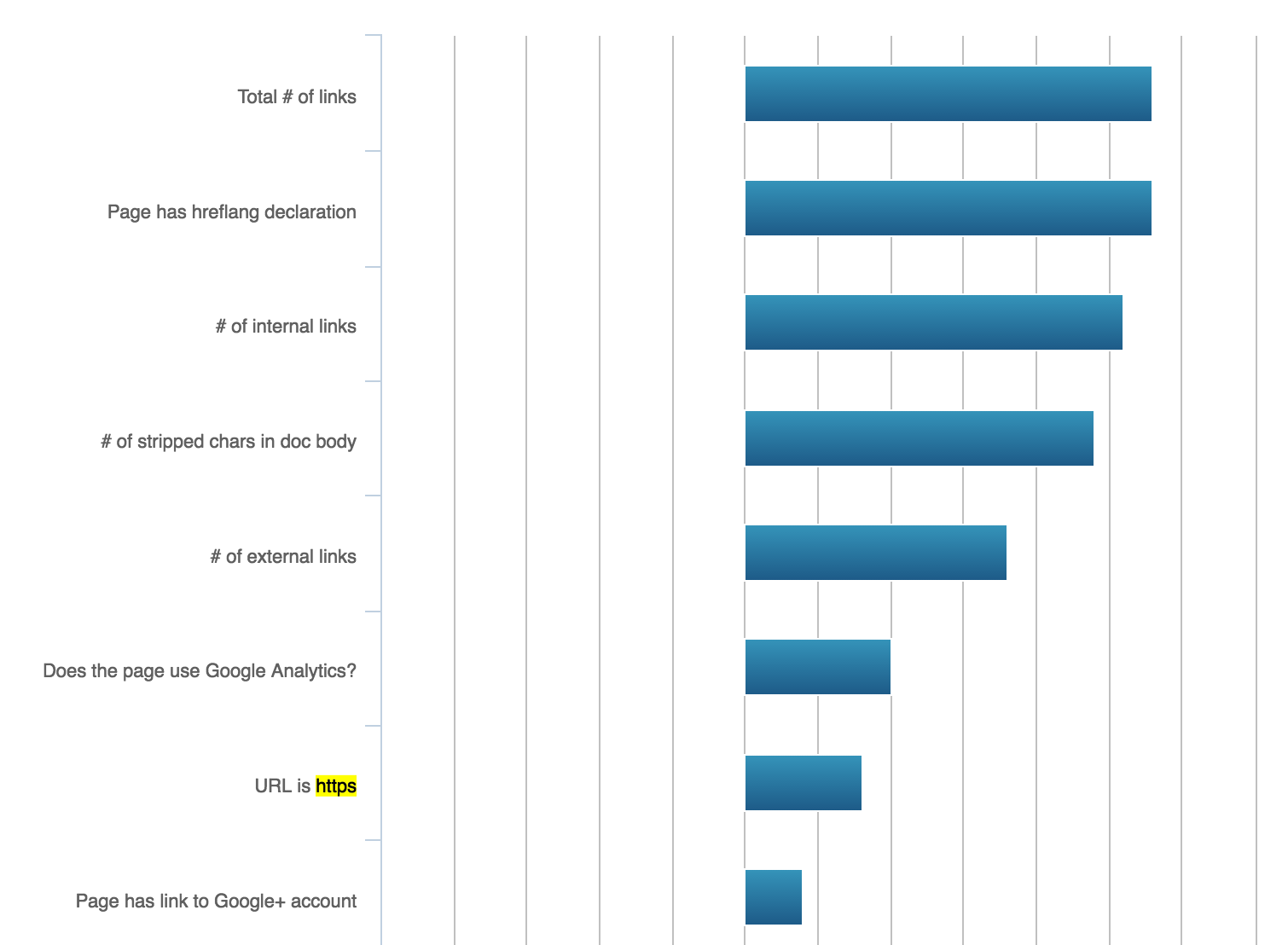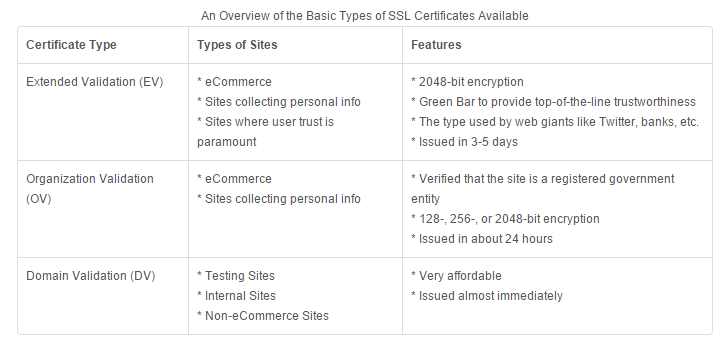Do SSL Certificates Affect Search Rankings? (A Data Driven Answer)
- SEO |

Ever since Google announced that they are taking a stance to ensure that it protects the privacy of its users by using HTTPS as a ranking signal, only 1.9% of the top 1 million websites redirect its users to a default SSL version of their sites.
According to Quantcast's top 10,000 websites, only 4.2% have made the switch. That means, less than .1% of the websites are secured. And, are you ready for this? The majority of the webmasters do not plan on switching to the secured HTTPS version (according to a poll conducted by Moz in 2014).
Hypertext Transfer Protocol Secure (HTTPS) provides security to online users. Installing a Secure Socket Layer (SSL) certificate ensures that the data between your server and the browser remains secured. When you share personal data with a website (like card details) HTTPS and SSL makes sure that this data remains private.

Not only does it offer you online security, it also makes your referrer data remain intact. Moving from HTTPS to unsecured HTTP loses your referral data. It will appear as "direct" in your analytics report contributing to the "dark" traffic on the internet. Sounds grim, isn't it?
Below are Cloudtec's data on their observation after switching to HTTPS.


Although there are remarkable changes as presented from the graph above, the majority of the webmasters were still not convinced on making the move. Neil Patel addressed 3 common disputes on doing so.
1. Google has resorted to preferentially indexing HTTPS versions of pages over their duplicate HTTP versions. But that does not mean there will be a loss of link juice.
2. Premium SSL certificates like Symantec are expensive and can amount up to $1,499/year; higher for larger companies.
3. If you don't get it right, then you might end up with duplicate content issues, with both HTTP and HTTPS versions of your page getting indexed. This might create confusion to your audience.
Now for the big question, are HTTPS sites getting special treatment from search giants in SERPs?
With the help of SEMRush, Ahrefs, SimilarWeb and MarketMuse, Brian Dean analyzed 1 million Google search results. Regarding search rankings, he highlighted that there is no strong correlation between HTTPS and SEO, although it is good to use HTTPS from day 1 if you are starting a new website. Moz also discovered that there is a slight positive correlation between HTTPS URL's and rankings based on the analysis of 17,600 keywords.

According to the analysis of Linkspy on how HTTPS settings affect the SEO of 10 thousand domains, the results are illustrated below.

On the other hand, if you decided to make the switch. Here are 4 simple steps:
1. Buy a relevant SSL certificate (preferably from your hosting provider) There are 3 kinds of SSL certificates.
For websites that are focused on e-commerce, it is recommended, however, to buy the extended version.
2. Crawl your current website, update all the links and set up 301 redirects. Compile a URL map with all the pages on your website. You can use InterconnectIt, if you are using WordPress, to run these update queries. Also, update all custom scripts and third party hosted scripts to their HTTPS versions. You can test your website with Jitbit (it's free!) for a non-secure content. Set-up domain-wide 301 redirects from HTTP to HTTPS version of your websites by adding the following code to the htacces file. This code is valid for websites hosted on Apache servers.
· RewriteEngine On
· RewriteCond %{SERVER_PORT} 80
· RewriteRule ^(.*)$ https://www.example.com/$1 [R=301,L]
If your current URL structure doesn't contain a "www", then eliminate it from the third line above, as well.
3. Update the HTTPS version of your website in your robots.txt, CDN, Webmaster tools and Google Analytics. If you've set up any blocking guidelines in the robots.txt file, then you need to update the HTTP directories to their HTTPS versions. Install any SSL certificate on CDN. Most CDNs offer 3 options - custom SSL, shared SSL and Let's Encrypt integration. Here are the differences between them to help you choose. Once done, you can now update your website address inside Google tools. You need to create a new search console profile for your HTTPS website. You also need to update your canonical tags, social media links, and email marketing software links and migrate your social share counters.
4. Perform a quick test and ensure that everything works well. Key your website into the Qualys Lab tool. It will scan your website, checking if your SSL certificate is installed properly and give you an overall grade.
HTTPS might have a small impact on search rankings now but it might have a huge impact later. The 4 steps will definitely help you if you want to make the switch.
You can read the full post on Do SSL Certificates Affect Search Rankings? (A Data Driven Answer).
Are you up to shifting to HTTPS? If you already did, what are the challenges that you met? Did the shifting help you in any way?
-
yukon Banned-
Thanks
{{ DiscussionBoard.errors[10778104].message }} -
